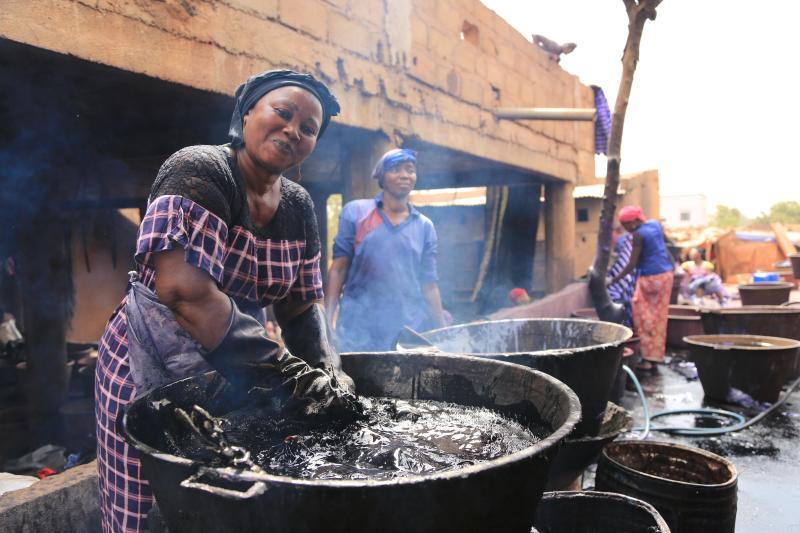
The COVID-19 pandemic has dramatically reshaped the global economic environment and financial priorities. For development finance, the crisis has created a need for more fluid mobilization of resources while keeping sight of long-term climate and sustainability goals.
That has been reflected in the European Investment Bank’s operational plan for 2021 which highlights this need for realignment. Key to providing a long-term base for recovery will be private sector support, international and local partnerships, and projects that reduce inequalities exacerbated by COVID-19, said Ambroise Fayolle, EIB vice president responsible for development and climate policy.
Combining a focus on both short- and long-term crises is essential given that the pandemic has highlighted how “everything is intertwined” and the potential consequences of non-sustainable measures, he said.
Speaking to Devex, Fayolle explained how EIB is using a wide range of tools and strategies to meet all these needs.
In light of COVID-19, how has EIB evolved the way it operates in low- and middle-income countries to also keep tackling climate change and social inequality?
In a nutshell, what we have tried to do outside the European Union is similar to what we have done inside the EU; support the real economy, and, as much as we can, health systems.

Outside the EU last year, we did around €10 billion [$11.4 million] in activity, and close to half of that was in Africa. In sub-Saharan Africa, we did more than 70% of our activity in least-developed countries and fragile states. We’ve tried to accelerate disbursement and reprioritize.
As one of our key objectives, we are supporting what we call “enabling” investments; investments that attract investments, such as those in the digital economy and in the grid and other connectivity projects. Investments you provide for the private sector can have a significant catalytic effect to help reduce the impact of the crisis.
We have continued to support financial institutions that are key for the real economy in LMICs and have especially relied on local partners. Recent examples include the Ghana Development Bank, microfinance institutions, impact funds, and the African Trade Insurance Agency supporting investments through political risk insurance, just to name a few. These help us reach out to companies of all sizes so that they can grow and create jobs. Other good examples are the Trade and Development Bank, and Afreximbank, the bank that supports imports and exports in Africa.
How has EIB responded to COVID-19 so far in LMICs?
We have teamed up with the European Commission to provide €500 million for COVAX [the initiative aimed at providing equitable access to COVID-19 vaccines]. This involved a €400 million EIB loan backed by the EC plus a €100 million grant from the EC. We are supporting countries on logistics as well because it’s one thing to get the vaccines for free, but they also need to put in place a whole distribution system.
Last May, we also signed a memorandum of understanding with the World Health Organization to work on various health-related issues. And with the kENUP Foundation [a non-profit public benefit foundation supporting research-based innovation in the wider health industries for societal benefit], we’ve launched a scheme to scale up local production of drug components in Africa.
What are the other main changes EIB has made in order to continue focusing on its priorities outside Europe during the current crisis?
One thing was speed. We had to work on some projects and initiatives much faster, and at the same time not forget others that need their own pace — such as building renewable energy projects in Africa.
Working in partnership became even more important in 2020 when we needed to act quickly and decisively. The Team Europe approach [an EU initiative to support global recovery from COVID-19] spearheaded by the EC has been an important element of that, bringing EU member states and development finance institutions together to increase volumes and accelerate delivery on the ground.
Given the importance of development finance and the EU’s own external policies, this year we will also be looking at the implications of the debate on the European financial architecture for development for the EIB to have an even greater impact in LMICs and to strengthen the role of the bank of the EU as part of Team Europe (...)